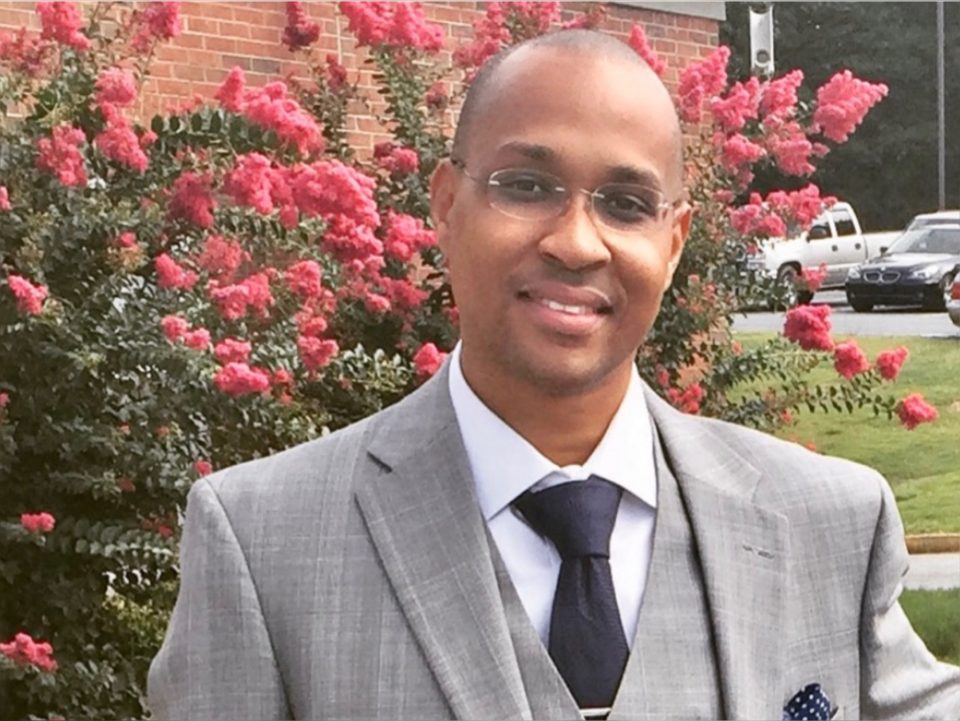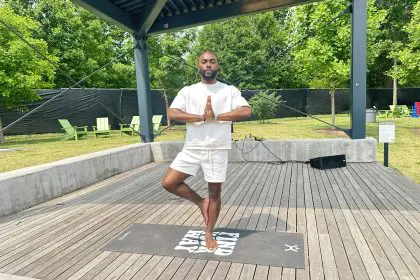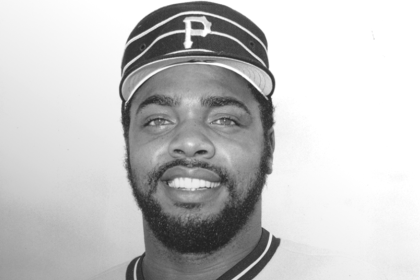
Don Rowe is a medical doctor and cardiology specialist. He performs heart catheterizations, transesophageal echocardiogram, cardioversions, echocardiography, vascular ultrasound interpretation, nuclear and non-nuclear stress test interpretation as well as consultative cardiology.
Dr. Rowe spoke with rolling out about the causes heart of problems, how they affect the Black community, and best practices for taking care of our hearts.
What should a person know about their heart and how to take care of it?
One interesting thing about the heart is it’s a really important organ, and it supplies all the other organs. Without a heart, we have no chance or no opportunity, and it’s really important to protect this critical organ. It also turns out that heart disease and cardiovascular disease are the number one cause of death in the world. This is important because it turns out the great majority of cardiovascular disease [deaths] are preventable deaths. That’s the part that always bothers me because people die for no reason by not paying attention to their diet, their exercise, sleep duration and quality. That level of stress, sugar intake, and weight are absolutely modifiable risk factors to decrease our risk of dying from cardiovascular disease. I was always amazed how a lot of the deaths related to cardiovascular disease are absolutely preventable.
How do cardiovascular diseases affect the Black community?
Cardiovascular diseases disproportionately affect our people. It disproportionately affects our people in many ways. One is access to health care, the second is the equity within the health care once they get health care, and three is the cost of health care. Another one is the fear and stigma about the Black community within health care. At some point, you have to make up your mind that living is better than not living. You’re fully aware and educated about this history, but then you say to yourself, “I better invest in myself to give myself the best chance to stay alive.” What I mean by that is to check your blood pressure, and make sure you’re checking with your doctor at least once a year. In most cases, there may even need to be more check-in with your doctor if one has an underlying cardiovascular risk factor already. If you know that you normally were feeling pretty good, and you notice over the last two or three weeks you have fatigue, your appetite is bad, you have shortness of breath, for some reason you feel like your heart is racing all the time, and you have more trouble sleeping, all these things are early precursors that something may be wrong. In other words, to deal with this, you invest in yourself first, and then you go seek medical care.

















